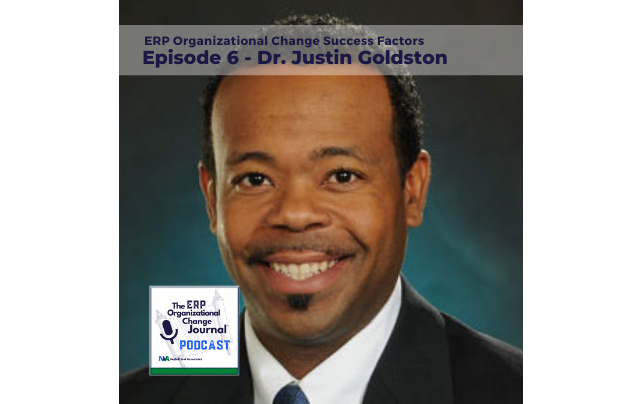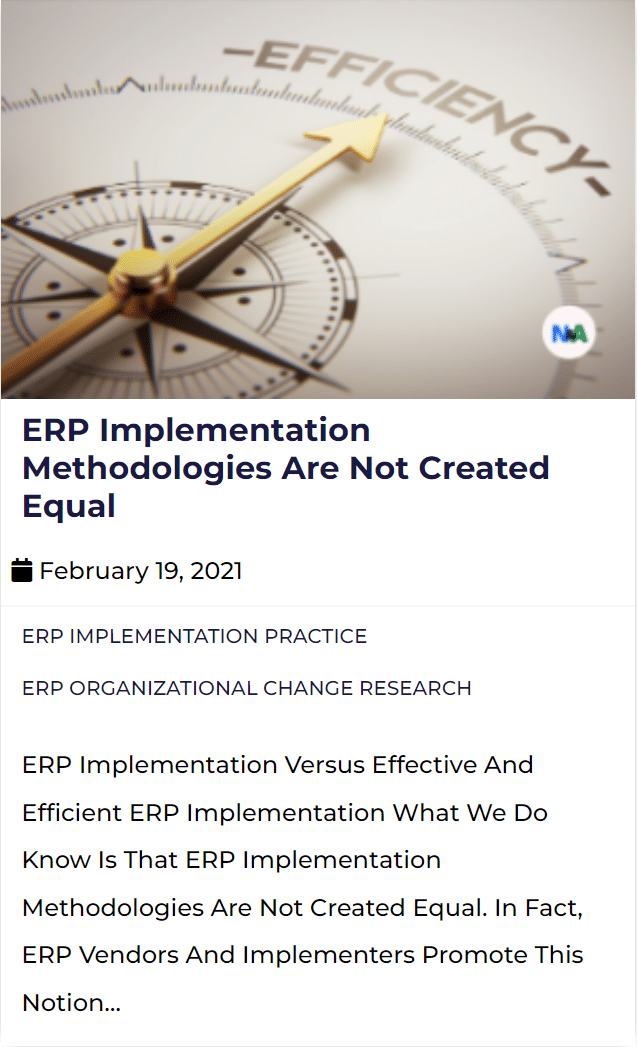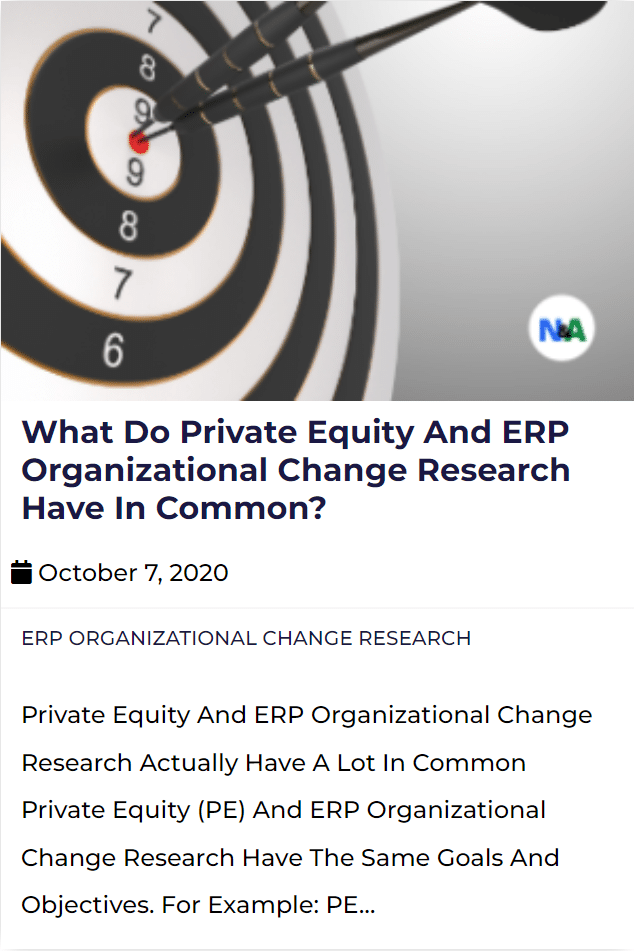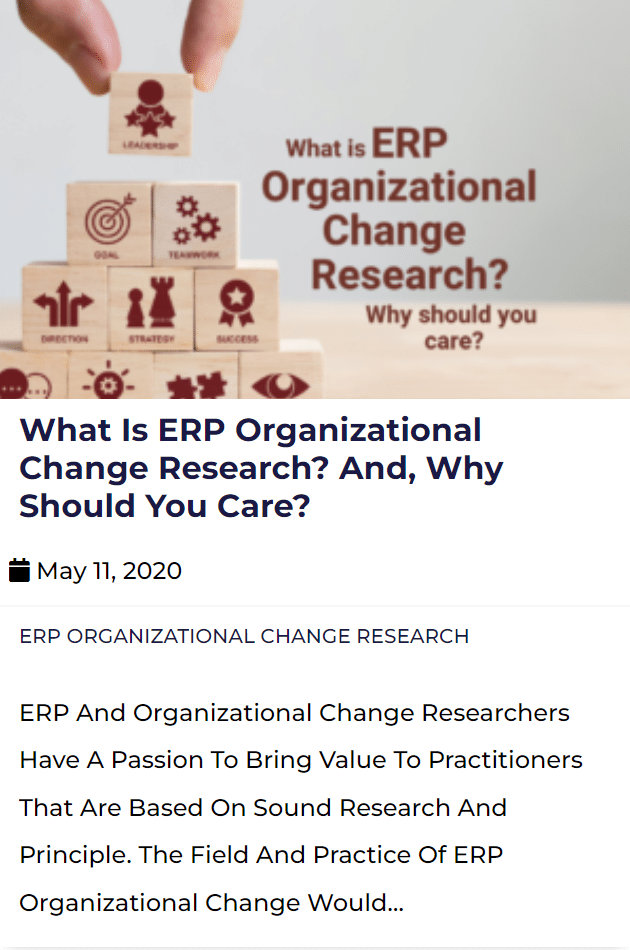Perpetual learning in the form of applied research is a competitive advantage
Ron J. West (Author, Keynote speaker, and Executive Coach) mentioned in a post on LinkedIn,
“Sometimes in my work, I run into leaders who think they have nothing left to learn. They’ve been in leadership for a long time. They’ve achieved success, and now they believe they’ve seen it all. What else could one more leadership development program possibly teach them? Perpetual learning is no longer optional.”
We agree and would add that we believe that the same mindset often applies to groups of people and even to organizations.
At Nestell & Associates, we strongly believe that perpetual learning in the form of applied research is a competitive advantage. Some industries utilize applied research more than others. However, experience is not the only tool that creates future success. First, you have to have reflected and learned something from that experience. And then, you have to apply what you have learned. In addition to experience, applied research, case study, and sharing are significant tools for any organization. We can refer to this as “evaluated experience”.
How ERP Practitioners use Applied Research
Ideas, concepts, processes, and methods that work (or do not work) generally across organizations can offer practitioners insight. Professional practitioner’s utilizing and also trusting applied research results is critical because it can offer insight for reflection and improvement.
Sure, it is possible to have “proven” methods, tools, and processes. But in many cases, your competition may say and have the same thing. The real differentiator is how people, firms, and organizations continue to create an environment of organizational learning and understanding that while every organizational (and project) context is different, you can improve by not assuming you have all the answers or that your “methods” are or also will be the best. Organizational learning often promotes and encourages an innovative and creative mindset. And that is a real sustainable competitive advantage.
Organizations may use methods based on:
- Experience only
- A best practice according to an industry-standard
- Methods that sometimes work and sometimes don’t work
While these are very important and critical components, whether they realize it or not, they are most likely simply applying what was once new, novel, and theory.
As a practitioner, simply understating key organizational ideas in terms of large-scale organizational change, for instance, as stakeholder theory or transformational leadership concepts is not the next management “fad”. It is simply a tool that can complement and improve any firm or organization’s “proven” methods.
Providing your organization with successful change is not just about taking past experiences, or proven ideas, and implementing them again, applied research is about continuous learning and improvement in terms of applying it to your current organizational context and conditions. As a practitioner, it is not about being up to date on current best management practices or trying to develop the next management fad.
A Business Consulting Approach to Applied Research
Applied research (AR) is a form of human inquiry conducted in a systematic manner within an observable context. AR is utilized by practitioners as an intentional investigative process to generate solutions to very practical problems.
At Nestell and Associates, our investigative approach to business consulting is grounded in this form of systematic inquiry, and our intentional process and practical results are tested against the latest applied research in the fields of digital transformation and organizational change. We generate context-specific solutions that support the positive development and continuous improvement of your current company’s people, practices, policies, and procedures. This can be codified in simple terms as a scientific method that includes a hypothesis, testing of the aforementioned hypothesis, and then either validation and implementation or rejection and adjustment.
As practitioners who do not want to make our decisions arbitrarily, we need to ask ourselves the following: In light of past experiences, current circumstances, and future hope and dreams, what is the wise decision? Being wise here means understanding that life is connected, that the past connects to the present and predicts the future and that we find ourselves in continuous learning and validating.
How can Nestell & Associates’ Approach to Applied Research Help Your Organization?
Nestell & Associates is a proven industry leader, providing private equity consulting for merger and acquisition and digital transformation leadership. Learn more, here is a great article: https://nestellassociates.com/erp-achievement-the-elevator-pitch/
Related Podcast
Episode 6: ERP Organizational Change Success Factors
This episode we will explore Dr. Justin Goldston’s research and examination of ERP critical success factors. This episode will also explore “transformational Leadership”, the triad of ERP organizational change, and applying research to practice.
Related Articles
About Nestell & Associates
Merger and acquisition ERP digital transformations can be a significant challenge. But a solid framework is built on good practices with proven success. We have a successful track record with integrations, upgrades, mergers, and acquisitions, and we want to share our methods with you.
Our leadership experience in organizational change, information technology, ERP, and digital transformation crosses multiple industries.





